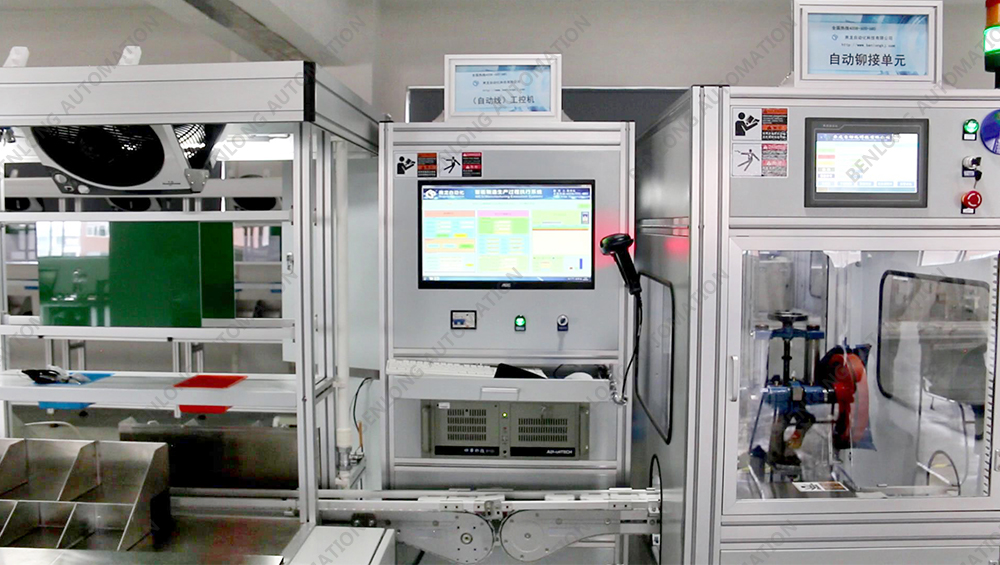MES system (Manufacturing Execution System) is an intelligent management system that applies computer technology to the manufacturing industry, used to optimize production processes and improve production efficiency and quality. The following are some functions of the MES system:
Production planning and scheduling: The MES system can generate production plans and scheduling tasks based on market demand and production capacity to ensure timely completion of production tasks.
Material Management: The MES system can track and manage the supply, inventory, and usage of materials, including procurement, receipt, distribution, and recycling.
Process flow control: The MES system can monitor and control the process flow of the production line, including equipment settings, operation specifications, and work instructions, to ensure the stability and consistency of the production process.
Data collection and analysis: The MES system can collect and analyze various data during the production process, such as equipment operating time, production capacity, quality indicators, etc., to help managers understand the production status and make corresponding decisions.
Quality management: The MES system can conduct quality testing and traceability, monitor and record every step of the production process, ensure that products meet quality standards, and quickly locate and solve quality problems.
Work order management: The MES system can manage the generation, allocation, and completion of production work orders, including work order status, required materials and resources, as well as the arrangement of processes and production time.
Energy management: The MES system can monitor and manage energy consumption during the production process, provide energy usage data and statistical analysis, to help enterprises achieve energy-saving and emission reduction goals.
Traceability and Traceability: The MES system can trace the production process of products and the traceability of products, including raw material suppliers, production dates, production batches, and other information to meet quality management and regulatory requirements.
Connecting upstream and downstream systems: MES systems can be integrated with enterprise ERP systems, SCADA systems, PLC systems, etc. to achieve production data sharing and real-time information exchange.






